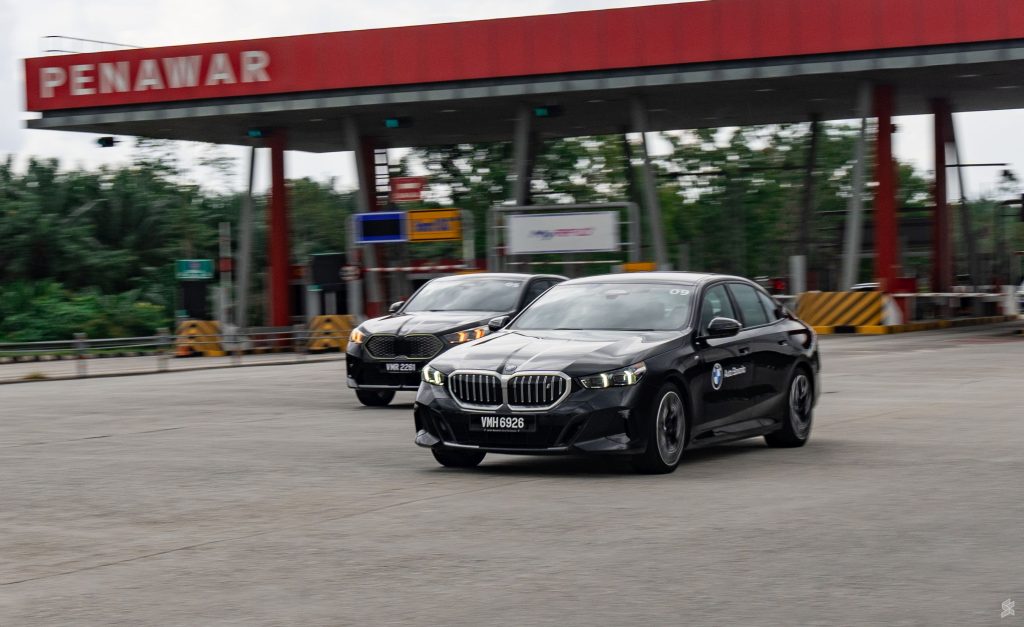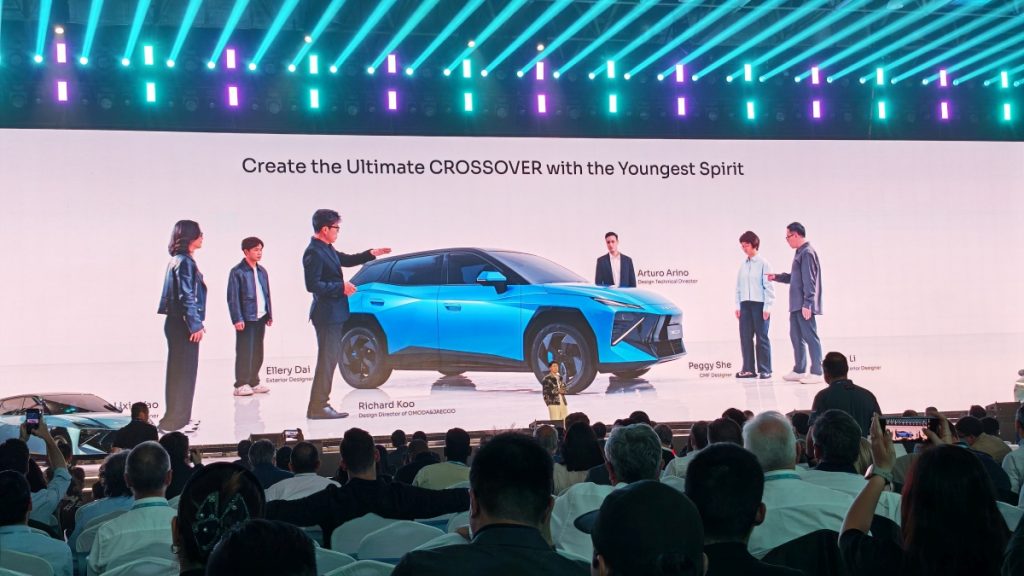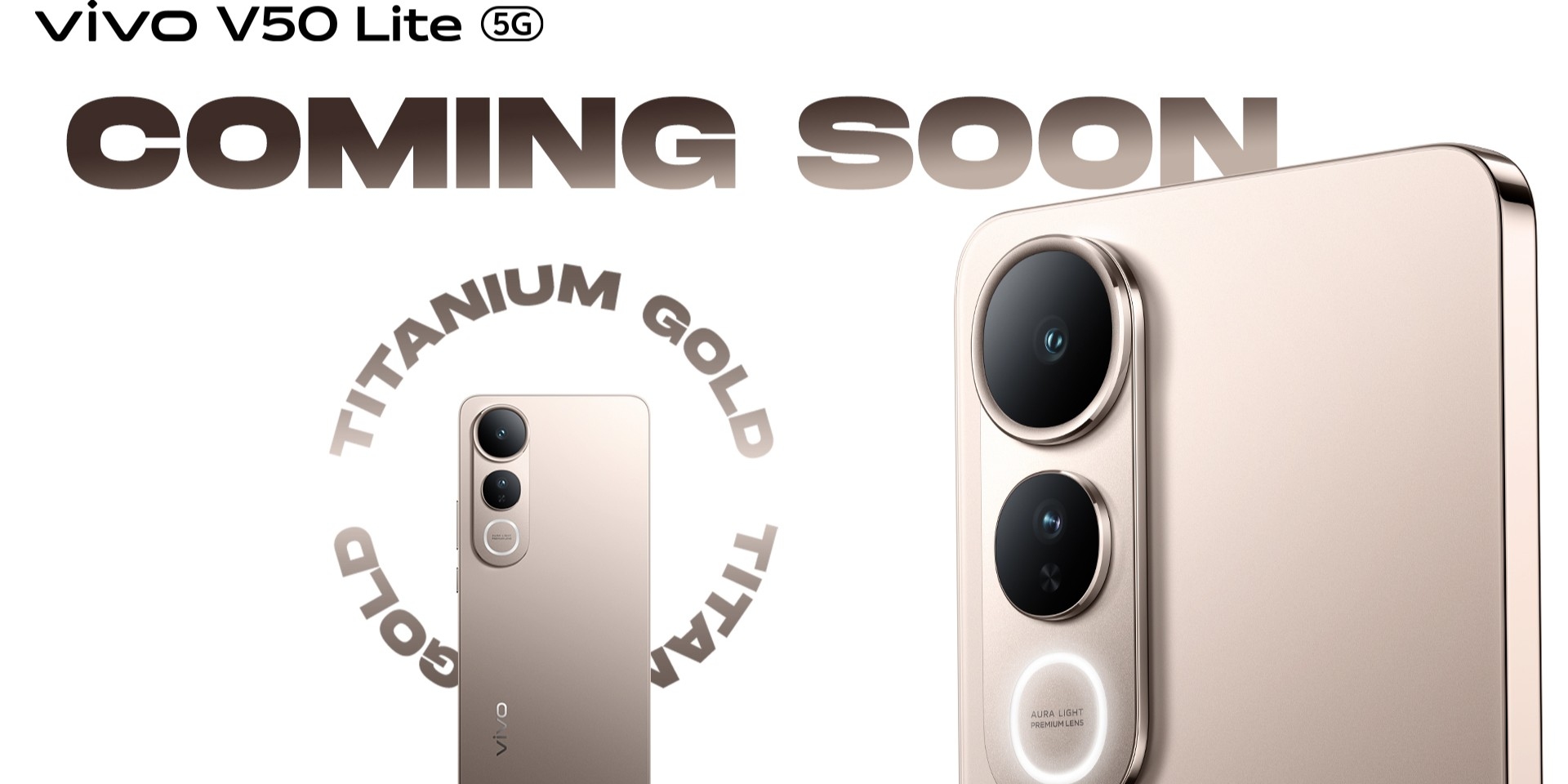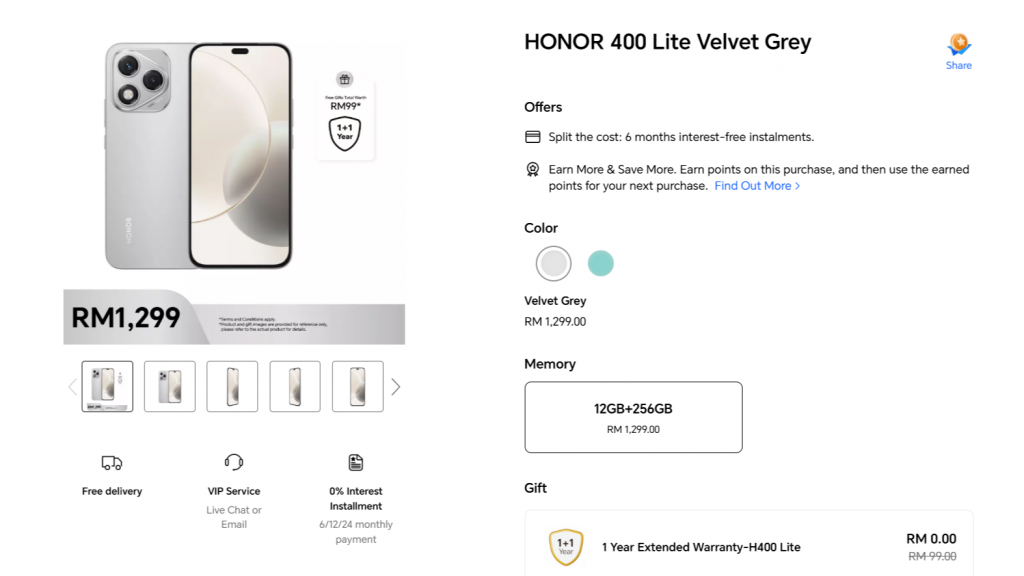BMW Group remains bullish in its commitment to drive sustainability mobility across the Southeast Asian region. Despite a challenging market environment, the German automaker has experienced a remarkable growth in the electric vehicle segment worldwide.
For the period between January to September 2024, BMW saw a 19.1% increase in fully electric vehicle sales and has delivered over 300,000 EVs worldwide.
19% of BMW Group Malaysia’s vehicle deliveries are EVs
In Malaysia, BMW Group has delivered over 8,700 vehicles across BMW and Mini brands as of Q3 2024 which consists of 1,600 EVs, representing 19% of total deliveries. This makes BMW the leading premium EV brand in the country.
Based on the latest JPJ data (October 2024), the BMW i5 is currently the group’s most popular model with 410 units registered this year so far, followed by the BMW iX2 with 352 units, Mini Countryman with 253 units, BMW i4 with 218 units and BMW i7 with 204 units.
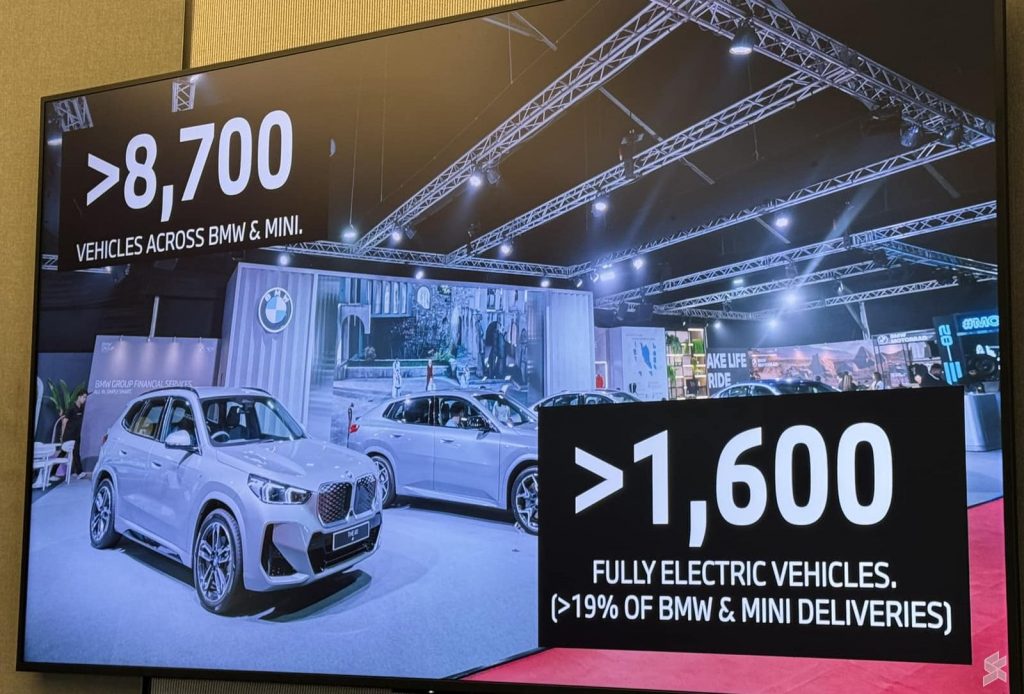
According to BMW Group Malaysia, a key factor in this achievement is their commitment to leading with Technology Openness, which prioritises offering internal combustion engine, plug-in hybrid and electric vehicles to give consumers the freedom to choose the technology that best suits their lifestyle.
BMW Group Malaysia Managing Director Benjamin Nagel said “Our Power of Choice philosophy defines the approach of the BMW Group to innovation in Malaysia. With every new, premium vehicle we introduce locally, our focus remains on giving our customers access to advanced technologies and the best in performance, design, and sustainability. Whether choosing electric innovation or high-performance combustion, we stay true to our promise: Sheer Driving Pleasure for every customer, with the Power of Choice to decide what drives them.”
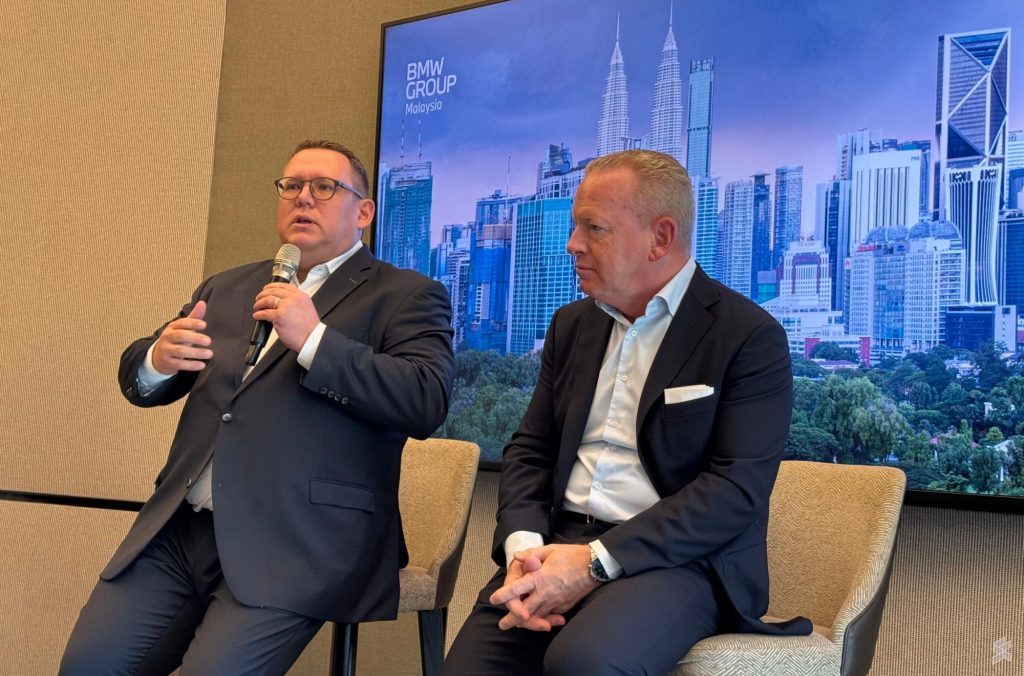
He also shared that BMW Group Malaysia has made over 2,020 charging facilities available in its network to customers through strategic partnerships with various EV charging providers in Malaysia. There are now over 100 BMW i and Mini charging facilities available at most authorised dealerships and partnering venues across the country, with more to come as part of their strategic infrastructure expansion plan set for the future.
Malaysia’s EV adoption rate higher than regional average
During the media roundtable session, BMW Group Senior Vice President Sales Region in Asia Pacific, Eastern Europe, Middle East and Africa Jean-Philippe Parain shared BMW Malaysia’s achievement of 19% share of EVs for the local market is more or less on par with the global average but it is higher than the regional average.
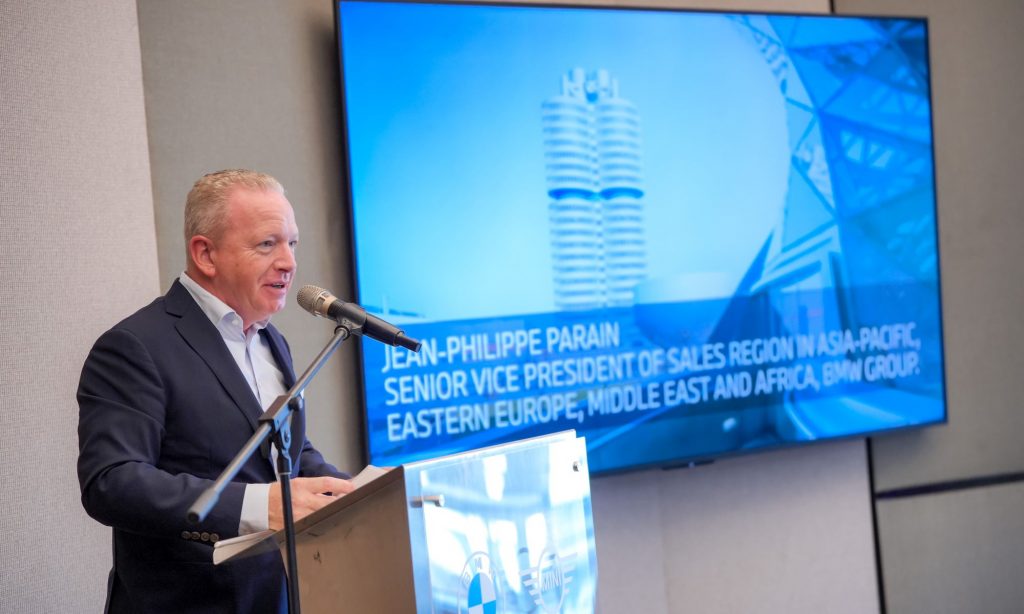
He added that the Group had seen stronger growth in some markets which has started reducing right now. Malaysia on the other hand still sees steady adoption of electromobility despite strong competition in the area, however, there are still customers who are expecting other solutions and that’s why BMW remains to champion technology openness by continuing to invest in all kinds of technologies as they believe there’s no single technology that can be answer to all mobility needs.
He shared that the BMW Group has a large range of plug-in hybrids (PHEV) models and they will continue to offer some plug-in vehicles but the Group’s priority and strongest growth at the moment is clearly in the electric area.
Nagel added that the latest facelifted BMW X5 and the new BMW 7 series are great examples of plug-in hybrid options which provide great range and electric driving. They are also investing in mild hybrids which improves the combustion engine’s efficiency. He said in the end, the customer will decide and if the demand for certain technology rises, they need to be quick to adapt.
He added that the BMW Group is very flexible and are able to adapt to technology demands and that’s the interesting part of the transition journey. With the engagement they have with the local partners for charging infrastructure and the government, they want to be part of the transition.
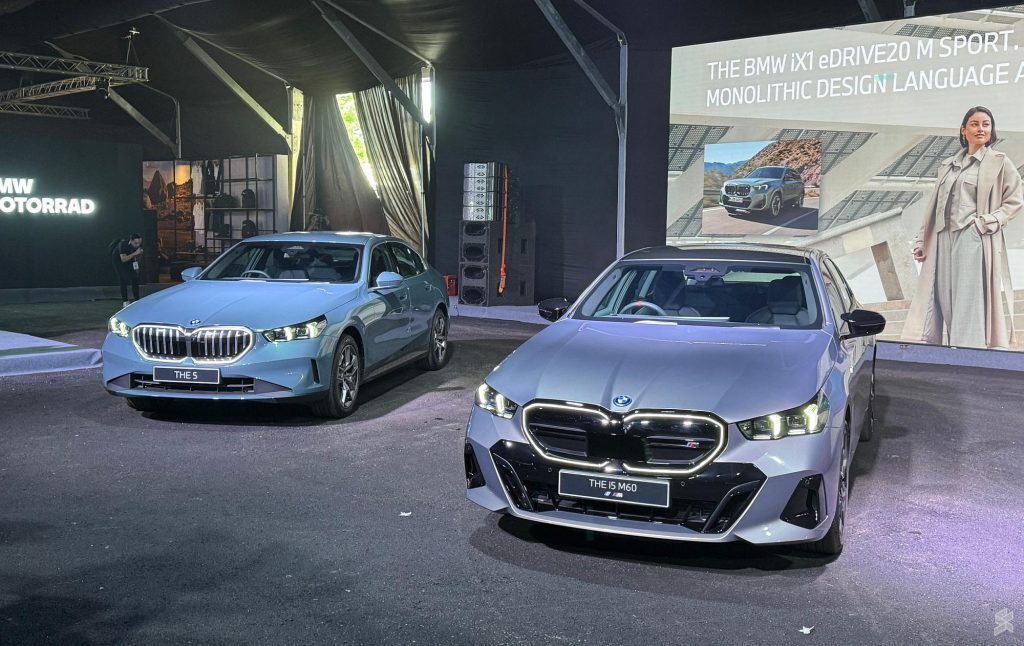
Parain also said that the BMW 5 series was recently named by Auto Bild as the German car of the year. He shared that the 5 series is not only a great car that’s fun to drive, but it is also because it is one car that offers the possibility to drive it in electric, plug-in hybrid, petrol and diesel, which embodies the brand’s promise to offer consumers the power of choice.
He added that BMW is currently the third biggest worldwide manufacturer of electric vehicles, behind Tesla and BYD. He said the group’s power of choice proposition of one car having the flexibility of technologies is quite unique, and there are no competitor that offers this at the moment.
On recycling batteries from old EVs, Nagel said sustainability and circularity is extremely important for the company and they look into the topic of the lifecycle of the entire car end to end including what to do with the materials at the end of the lifecycle of the car.
He said they are engaged with various partners to look into the entire lifecycle of the car and they will ensure that it adheres to the highest standards to reuse rare materials.
Long term certainty and clarity needed for local assembly of BMW EVs
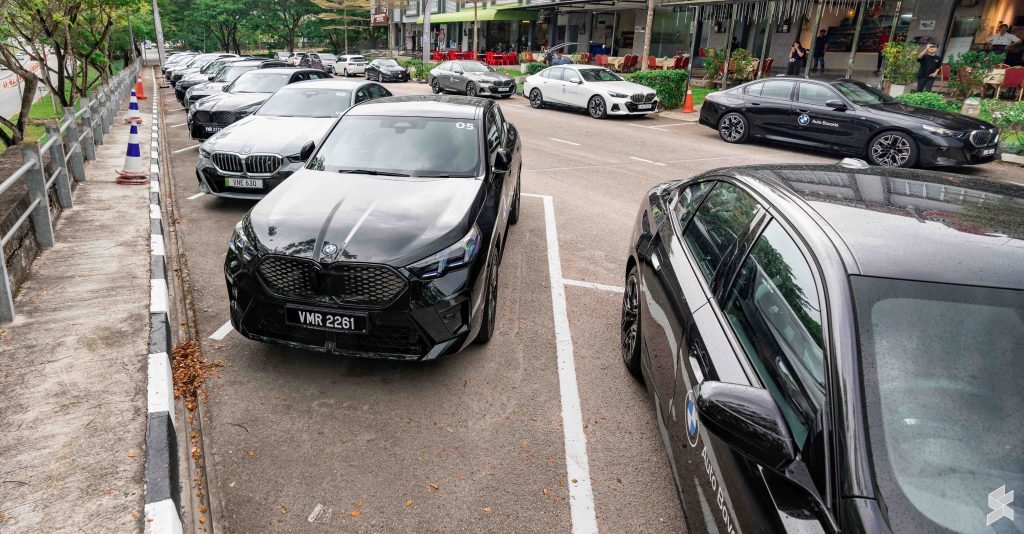
On the possibility of starting local assembly of BMW EVs, Nagel shared that legislation and government rules are changing, and they are engaged with the government.
He said they are already preparing certain steps, and the group will announce when the time is right. He added that they have flexibility with their global network.
Nagel emphasised that investments into local production and development are long term, and they need to have the certainty that this is the long term path that the government wants to go and BMW is happy to be part of this path. He said ultimately, the group needs to have certainty in the long term for further investments, like what they have done in the past 20 years.
At the moment, BMW has produced over 10,000 vehicles at Inokom’s facility in Kulim. They have exported vehicles to Thailand and the Philippines from the local facility, making them one of the largest exporters of vehicles in the country.
Parain shared the Group’s experience in countries where they have seen reduction in subsidies which resulted in decrease of take up rates for electricmobility in several countries in Europe and also in South Korea. He cautioned that they would need to be careful.
He shared electric modules are more complex to assemble and to transport, and it can’t happen overnight. He said customers would also from an economic point of view, decide what makes more sense for them if the subsidies are not there anymore. As a result, there might be a decrease of electromobility, which is something they need to be careful.
At the moment, the Malaysian government is offering full import duty and excise duty exemptions on fully imported (CBU) EVs until 31st December 2025. To encourage the growth of local assembled EVs, they are offering full import duty for components and full excise duty and sales tax exemption on locally assembled (CKD) EVs until 31st December 2027.
The only European brands with local EV assembly are Volvo in Shah Alam and Mercedes-Benz in Pekan.

